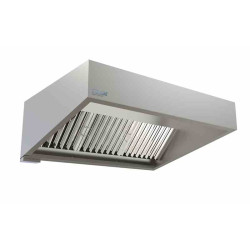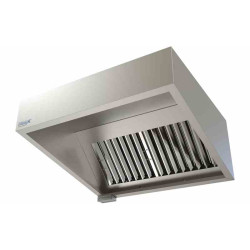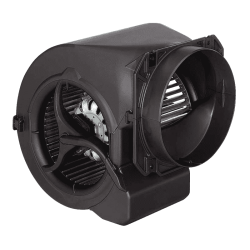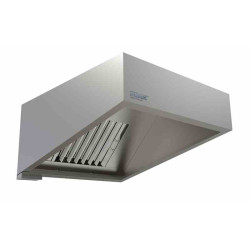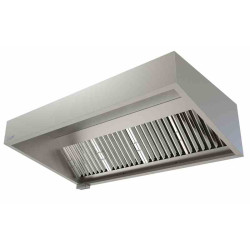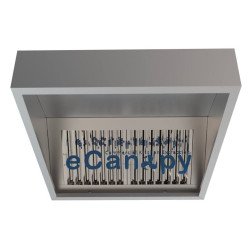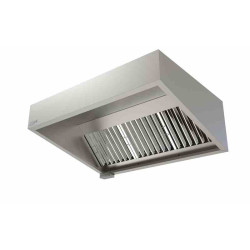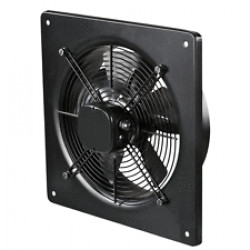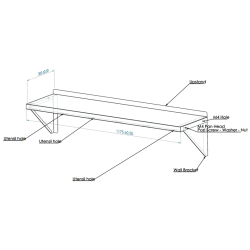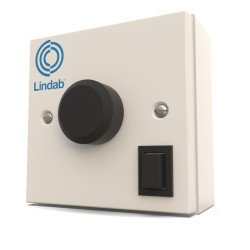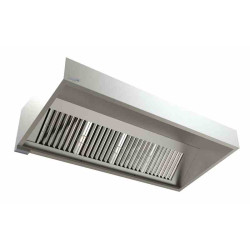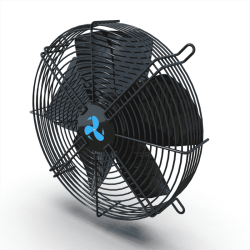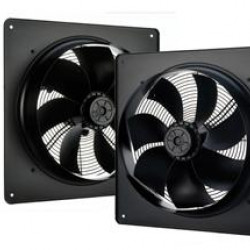
Introduction to Axial Plate Fans
Axial plate fans are a pivotal component in various ventilation systems, known for their ability to move air efficiently through their axial design. These fans are commonly used in both industrial and commercial settings to facilitate air circulation, cooling, and ventilation. They operate by drawing air in along the axis of the fan and expelling it out through the blades, providing a straightforward yet highly effective means of airflow management.
History and Evolution of Axial Plate Fans
The development of axial plate fans can be traced back to the early 20th century when the need for efficient air movement in industrial settings became apparent. Over the decades, advancements in materials, aerodynamics, and motor technology have significantly enhanced their performance and reliability. Modern axial plate fans incorporate sophisticated designs and materials to maximize efficiency and durability.
How Axial Plate Fans Work
Axial plate fans function based on simple principles of aerodynamics. They consist of several key components: blades, a hub, a motor, and a mounting plate. The motor drives the rotation of the blades, which are set at an angle to the airflow direction. As the blades spin, they create a pressure difference that draws air in along the axis and pushes it out perpendicularly, creating a consistent airflow.
Types of Axial Plate Fans
Axial plate fans come in various types, each designed to suit specific needs and applications. The main types include fixed blade, adjustable blade, and reversible blade fans.
Fixed Blade Axial Plate Fans
Fixed blade fans have blades that are set at a permanent angle. These fans are commonly used in environments where a constant airflow rate is needed. They are known for their simplicity and reliability, but lack the flexibility to adjust airflow direction and intensity.
Adjustable Blade Axial Plate Fans
Adjustable blade fans offer more versatility, with blades that can be manually or automatically adjusted to change the angle and thereby the airflow rate and direction. This makes them suitable for applications requiring variable ventilation needs.
Reversible Blade Axial Plate Fans
Reversible blade fans are designed to reverse the direction of airflow, which can be particularly useful in environments where air needs to be moved in both directions at different times. This feature enhances their flexibility and utility in complex ventilation systems.
Key Components of Axial Plate Fans
Understanding the key components of axial plate fans is crucial for their selection, installation, and maintenance.
Blades
Blades are typically made from materials like aluminum, steel, or plastic, and their shape and number significantly affect the fan's performance. More blades generally increase the airflow but can also add to the resistance and noise.
Hub
The hub is the central part of the fan where the blades are attached. Its design can influence the fan's stability and efficiency. Different designs cater to various performance requirements and structural configurations.
Motor
The motor is the powerhouse of the fan, driving the blades' rotation. Motors come in various types, including AC and DC, with specific power ratings tailored to the fan's size and application.
Mounting Plate
The mounting plate is crucial for securing the fan in place. It must be robust and appropriately sized to handle the fan's operational loads. Different mounting options allow for flexibility in installation across various settings.
Applications of Axial Plate Fans
Axial plate fans are used in a wide range of applications due to their efficiency and versatility.
Industrial Applications
In industrial settings, axial plate fans are indispensable for ventilating factories, warehouses, and chemical plants, ensuring a steady supply of fresh air and controlling temperatures.
Commercial Applications
In commercial environments like office buildings, shopping malls, and hospitals, these fans help maintain comfortable indoor climates and improve air quality.
Residential Applications
While less common, axial plate fans can be used in residential settings for ventilating homes, apartments, and garages, providing effective cooling and air circulation.
Benefits of Using Axial Plate Fans
Axial plate fans offer several benefits, making them a preferred choice in many applications.
- Efficiency: They are highly efficient in moving large volumes of air with relatively low energy consumption.
- Cost-effectiveness: Their simple design and robust construction result in lower maintenance costs and longer lifespan.
- Versatility: With various types and sizes, they can be tailored to meet specific airflow requirements in diverse settings.
Installation and Maintenance of Axial Plate Fans
Proper installation and regular maintenance are key to ensuring the optimal performance and longevity of axial plate fans.
Installation Steps
- Pre-installation Checks: Ensure the fan and mounting area are compatible.
- Installation Process: Secure the mounting plate, attach the fan, and connect the electrical supply following safety standards.
Maintenance Tips
- Regular Checks: Inspect for wear and tear, especially in the blades and motor.
- Cleaning: Regularly clean the blades and housing to prevent dust buildup.
- Lubrication: Lubricate moving parts to reduce friction and wear.

